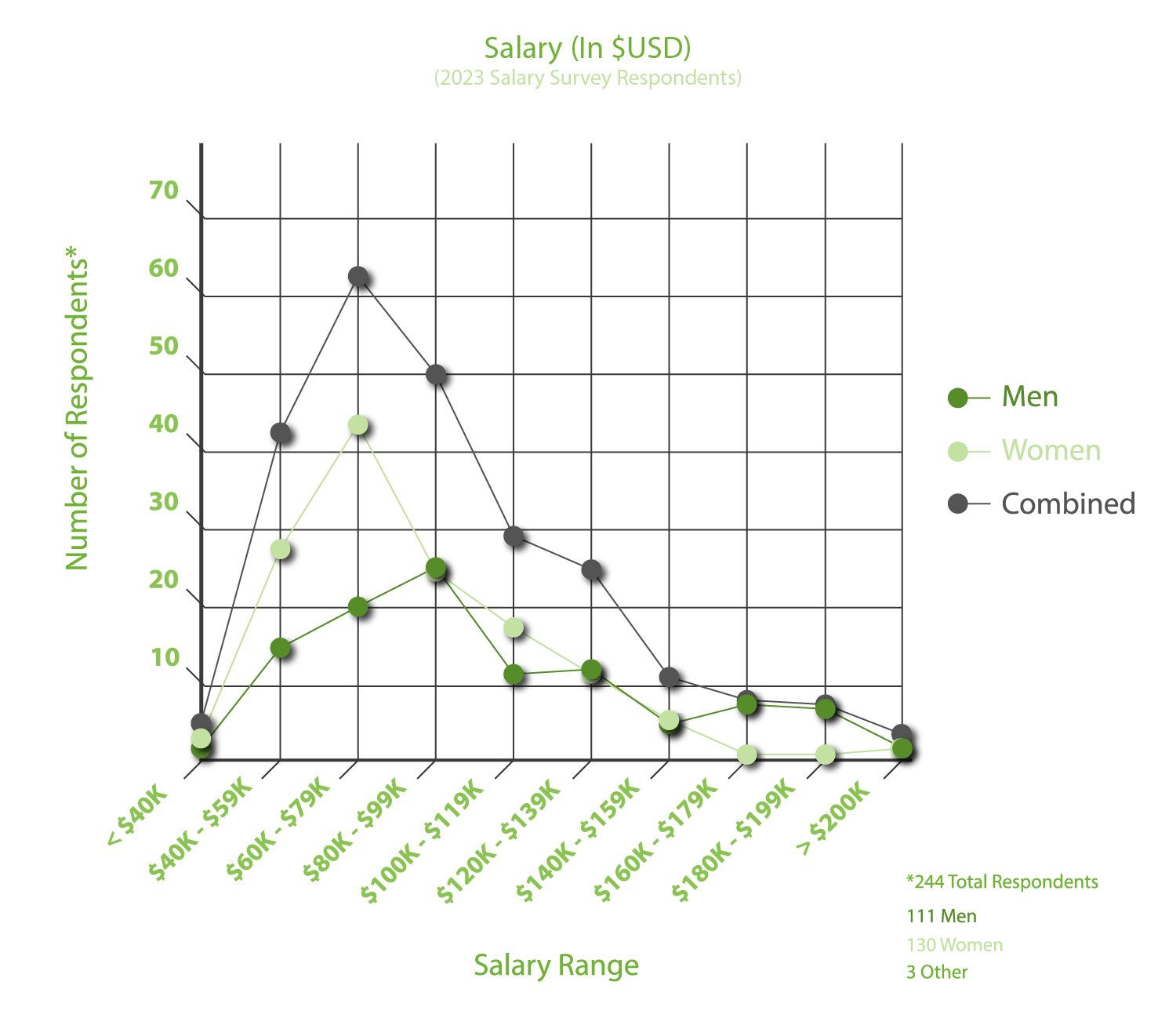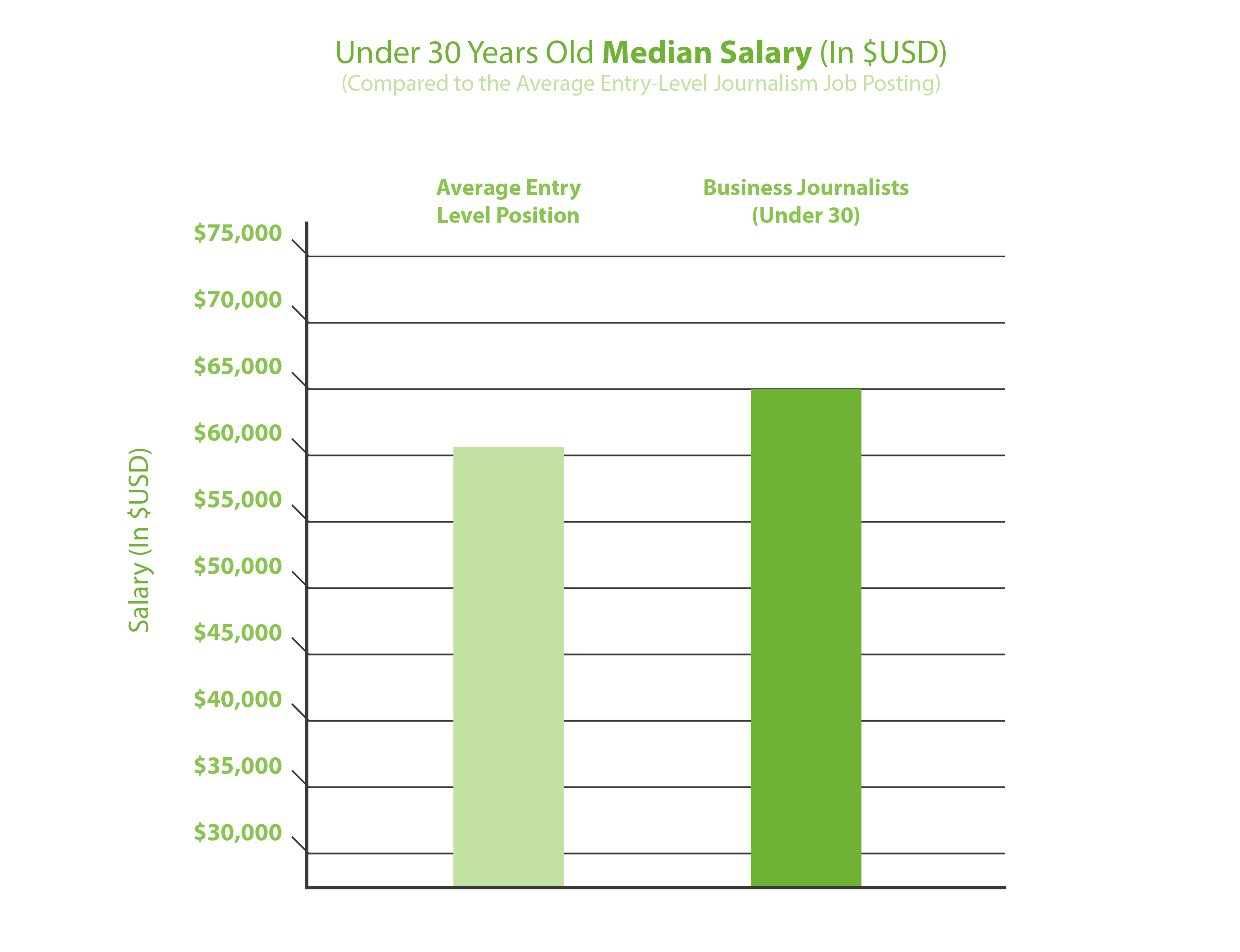So, you're curious about salary journalism, huh? Let's cut to the chase, friend. Journalism ain't what it used to be, but if you play your cards right, you can still make a decent living out of it. Whether you're a fresh grad or a seasoned writer looking for a career change, understanding how journalism salaries work is key. And no, we're not just talking about chasing the dream; we're talking about paying the bills while chasing that Pulitzer. So, buckle up, because we're diving deep into the world of journalism salaries.
Now, before we get into the nitty-gritty, let's set the record straight. Salary journalism isn't just about the numbers on your paycheck. It's about understanding the industry, navigating the changes, and knowing where to look for opportunities that align with your skills. From freelancing gigs to full-time roles at major publications, the landscape is more diverse than ever. But how do you make it work for you? Stick around, because we're about to break it all down.
Here's the deal: if you're serious about a career in journalism, you need to know what you're getting into. Salary expectations, industry trends, and the ins and outs of the business are all part of the package. So, whether you're aiming for the big leagues or just trying to figure out how to survive as a journalist in 2023, this article's got your back. Let's get started, shall we?
Read also:Unblocked Freezenova Your Ultimate Guide To Unlocking Fun And Adventure
What is Salary Journalism Anyway?
Alright, let's start with the basics. Salary journalism is essentially the concept of earning a living through writing and reporting. It's not just about the glamour of being a journalist; it's about the cold, hard cash that comes with it. Now, before you start dreaming of six-figure salaries, let's get real. The journalism industry has seen some serious shifts over the years, and while salaries have improved in some areas, they've taken a hit in others.
Here's the scoop: the average journalist salary in the U.S. hovers around $46,000 per year, according to the U.S. Bureau of Labor Statistics. But that number can vary wildly depending on factors like location, experience, and the type of publication you're working for. Big-name newspapers and digital outlets tend to pay more, but they also come with stiffer competition. Freelancers, on the other hand, have the flexibility to choose their gigs but often face the challenge of inconsistent income.
So, what does this mean for you? Simply put, salary journalism is about finding the sweet spot between passion and paycheck. Whether you're aiming for a steady 9-to-5 or building a portfolio as a freelancer, understanding the market is key.
The Evolution of Journalism Salaries
Back in the day, journalism was a pretty straightforward gig. You worked for a newspaper, got a steady paycheck, and called it a day. But fast forward to 2023, and the landscape looks completely different. The rise of digital media, the decline of print, and the ever-changing demands of the audience have all played a role in shaping the salaries journalists can expect today.
Let's take a quick trip down memory lane. In the early 2000s, print journalism was still king. Publications like The New York Times and The Washington Post were paying decent salaries, and journalists could expect a relatively stable career path. But then came the internet, and everything changed. Ad revenue shifted from print to digital, and many publications struggled to adapt. This led to layoffs, pay cuts, and a general decline in job security for journalists.
But here's the good news: things are starting to look up. Many digital outlets have found ways to monetize their content, and some are even paying competitive salaries. Subscription-based models, sponsored content, and partnerships with brands have all contributed to a more stable income for journalists in certain areas. So, while the old-school print gig might be a thing of the past, there are still plenty of opportunities for those willing to adapt.
Read also:France National Football Team Vs Belgium National Football Team Lineups The Ultimate Showdown
Factors That Influence Journalism Salaries
Now that we've covered the history lesson, let's talk about the factors that influence journalism salaries today. Spoiler alert: it's not all about the degree you have or the school you went to (though those things can help). Here are a few key factors to keep in mind:
- Experience: The more experience you have, the more you can expect to earn. Entry-level journalists might start at the lower end of the salary spectrum, but with time and skill development, that number can grow significantly.
- Location: Where you live matters. Journalists in major cities like New York, Los Angeles, and San Francisco tend to earn more, but they also face higher living costs. On the flip side, smaller markets might offer lower salaries but come with a lower cost of living.
- Publication Type: Whether you're working for a print newspaper, a digital outlet, or a niche publication, the type of publication you work for can greatly impact your salary. Digital-first outlets often pay differently than traditional newspapers, and niche publications might offer unique opportunities for specialization.
- Specialization: If you're an expert in a particular field, such as tech, finance, or healthcare, you might be able to command a higher salary. Specialized journalists often have a deeper understanding of their subject matter, making them more valuable to certain publications.
So, what does this all mean for you? Simply put, the more you know about these factors, the better equipped you'll be to negotiate your salary and find opportunities that align with your skills and goals.
Breaking Down the Numbers: Average Salaries by Role
Let's get into the numbers, shall we? Here's a quick breakdown of average salaries for different roles in the journalism industry:
- Reporter: $35,000 - $60,000 per year
- Editor: $45,000 - $80,000 per year
- Freelancer: $20,000 - $70,000 per year (depending on gigs and consistency)
- Photojournalist: $30,000 - $50,000 per year
- Investigative Journalist: $50,000 - $90,000 per year
Keep in mind that these numbers can vary widely depending on the factors we discussed earlier. But they should give you a good starting point for understanding what to expect in different roles.
Freelancing vs. Full-Time: Which Pays Better?
One of the biggest debates in the world of salary journalism is whether freelancing or full-time work pays better. The truth is, it depends on your goals, skills, and risk tolerance. Let's break it down:
Freelancing offers flexibility and the potential for higher earnings if you're good at hustling. But it also comes with the risk of inconsistent income and the responsibility of finding your own gigs. Full-time jobs, on the other hand, offer stability and benefits like health insurance and paid time off, but they might not pay as much as a successful freelancing career.
Here's the thing: both paths have their pros and cons. If you're the type of person who thrives in a structured environment, a full-time job might be the way to go. But if you're a self-starter who loves the idea of being your own boss, freelancing could be the better option. Ultimately, it's all about figuring out what works best for you.
How to Succeed as a Freelance Journalist
If you're leaning toward freelancing, here are a few tips to help you succeed:
- Build a Strong Portfolio: Your portfolio is your calling card. Make sure it showcases your best work and highlights your skills.
- Network Like Crazy: Connections are key in the journalism world. Attend industry events, join online communities, and don't be afraid to reach out to editors and other journalists.
- Set Realistic Rates: Don't undervalue your work. Research what other freelancers are charging and set rates that reflect your experience and expertise.
- Stay Organized: Freelancing can be chaotic, so staying organized is crucial. Use tools like spreadsheets or project management apps to keep track of your gigs, deadlines, and payments.
Remember, freelancing isn't for everyone, but if you're willing to put in the work, it can be a rewarding career path.
Industry Trends Affecting Journalism Salaries
Let's talk about the big picture. The journalism industry is constantly evolving, and staying on top of trends is crucial for understanding how salaries are affected. Here are a few trends to watch:
- Subscription Models: More publications are moving toward subscription-based models, which can lead to more stable revenue streams and, potentially, higher salaries for journalists.
- Podcasting: Podcasting has become a major player in the media world, and many journalists are finding new opportunities in this space. If you have a knack for audio storytelling, this could be a lucrative avenue to explore.
- AI and Automation: While AI might sound scary, it's actually creating new opportunities for journalists. Data-driven reporting and automated content creation are becoming more common, and journalists with tech skills are in high demand.
These trends are just the tip of the iceberg, but they give you a sense of where the industry is heading. Staying informed and adaptable is key to thriving in this ever-changing landscape.
How to Future-Proof Your Journalism Career
So, how do you ensure your career stays relevant in the face of all these changes? Here are a few strategies:
- Learn New Skills: Whether it's coding, data analysis, or video production, adding new skills to your repertoire can make you more valuable in the job market.
- Embrace Technology: Don't fight the tech wave; ride it. Learn how to use tools like Google Analytics, SEO platforms, and social media management tools to enhance your reporting.
- Stay Curious: The world is constantly changing, and so is the news. Keeping up with current events and staying curious about new topics will keep your work fresh and relevant.
By staying ahead of the curve, you can ensure that your career in journalism remains both fulfilling and financially rewarding.
Salary Journalism in the Digital Age
Now, let's talk about the digital age. The internet has completely transformed the way we consume news, and that transformation has had a major impact on journalism salaries. Digital outlets have opened up new opportunities for journalists, but they've also brought new challenges.
One of the biggest changes is the shift from ad-supported models to subscription-based models. Many publications have found that subscribers are willing to pay for quality content, which has led to more stable revenue streams. This, in turn, has allowed some outlets to offer competitive salaries and benefits to their journalists.
Another trend is the rise of niche publications. These outlets focus on specific topics or audiences, and they often offer unique opportunities for journalists to specialize and command higher salaries. If you're passionate about a particular subject, this could be a great way to carve out a niche for yourself in the industry.
How to Succeed in Digital Journalism
Here are a few tips for succeeding in the world of digital journalism:
- Master SEO: Search engine optimization is key to getting your work seen. Learn the basics of SEO and incorporate them into your writing to increase your visibility.
- Engage with Your Audience: Social media is a powerful tool for connecting with your readers. Use platforms like Twitter and Instagram to engage with your audience and build a following.
- Stay Agile: The digital landscape is constantly changing, so staying agile is crucial. Be open to new tools, platforms, and ways of telling stories.
By embracing the digital age, you can position yourself for success in the modern journalism world.
Salary Negotiation Tips for Journalists
Let's talk about the elephant in the room: salary negotiation. Whether you're freelancing or applying for a full-time job, knowing how to negotiate your salary is a crucial skill. Here are a few tips to help you get the best deal:
- Do Your Research: Know the market rate for your role and location. Use resources like Glassdoor and Payscale to get a sense of what you should be earning.
- Highlight Your Value: When negotiating, focus on the value you bring to the table. Whether it's your experience, skills, or unique perspective, make sure the employer understands why you're worth the investment.
- Be Confident, but Flexible:


